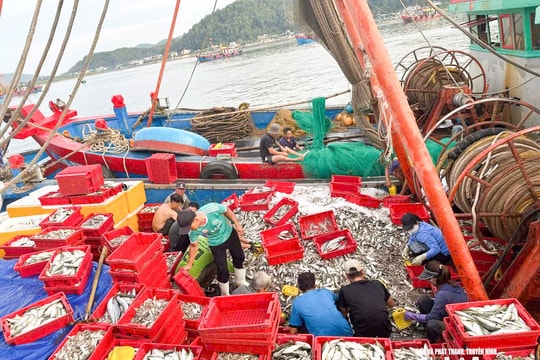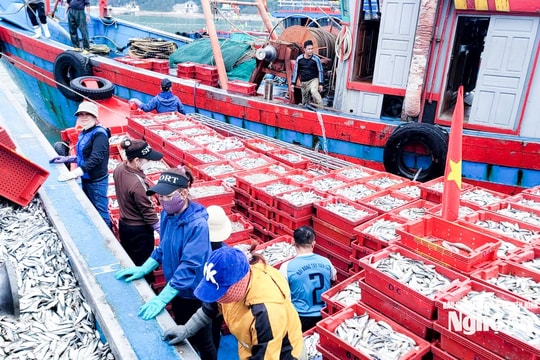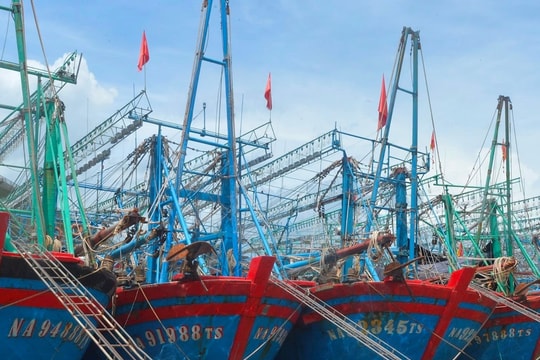Three reasons why many people get food poisoning from eating seafood
According to Dr. Nguyen Trung Nguyen, Director of the Poison Control Center, Bach Mai Hospital (Hanoi), many cases of poisoning had to be hospitalized after eating seafood from coral reefs such as eels, snappers, and sardines.
According to Dr. Hoang Sam, President of the Vietnam Institute of Traditional Medicine, poisoning from sea fish or some other seafood is quite common. The main cause is due to sea fish being exposed to toxins from the environment.
Firstly, groups of toxins such as Ciduatoxin (CTX) are heat-stable and are not destroyed during cooking. This toxin originates from microalgae, which cling to large algae or seaweed in coral reef areas. Fish that eat plants accumulate this toxin in their bodies.
In addition, due to the marine food chain (big fish eat small fish), large fish often contain more toxins. Fish at risk of CTX poisoning include snapper, grouper, tuna, and eel.
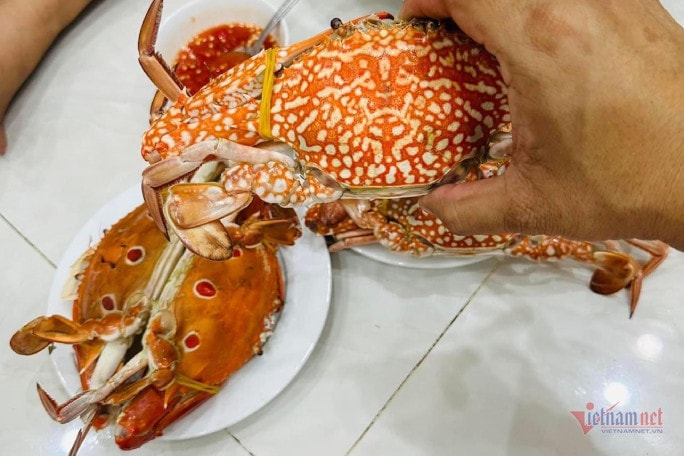
Second, marine fish also have toxins in their bodies. These toxins can be in the spines, dorsal fins, pelvic fins, pectoral fins like parrotfish, poison in the genitals of fish like puffer fish, sardines, steelhead, herring, eels. The toxins exist in fish eggs like puffer fish, shark. This toxin is very resistant to temperature and other chemicals and can circulate in the blood of fish.
Third, sea fish that are kept in ice for a long time before consumption can lead to dead fish mixed with live fish, creating conditions for bacteria to invade. Some types of rotten fish are dangerous, such as tuna. Bacteria invade and produce Decarboxylase, which converts Histidine into histamine in the flesh, gills, and intestines of the fish. Histamine in seafood causes poisoning 4 hours after eating, with symptoms such as headache, red skin, itching, hot flashes, and discomfort.
In addition, the risk of seafood being soaked in food preservatives such as urea and borax can also occur. Chemical poisoning often has slower symptoms and is chronic.
According to Dr. Nguyen Trung Nguyen, Director of the Poison Control Center, Bach Mai Hospital (Hanoi), doctors have received many cases of poisoning after eating seafood from coral reefs such as eels, snappers, and sardines.
Doctor Nguyen said that ciduatoxin poisoning is very dangerous. Patients show signs of arrhythmia, weakness, fatigue, low blood pressure, gastrointestinal numbness, tingling in the limbs and mouth, general itching, muscle pain, joint pain, and possible paralysis. There are even cases of depression and memory loss. Ciduatoxin is less fatal, but in some cases, the elderly, children, and immunocompromised people still die from respiratory failure, respiratory muscle paralysis, convulsions, or arrhythmia.
To limit poisoning, you need to clearly identify the type of fish and its origin before eating, and do not eat spoiled fish. When processing, people need to remove the intestines, gills, and parts that may contain toxins. Fish that live in coral reefs such as snapper, grouper, tuna, and eel should not be eaten in large quantities.
If there are signs of poisoning such as tongue numbness, lip numbness, muscle aches, abdominal pain, difficulty breathing, rash, the patient needs to be monitored. In severe cases, go to medical facilities for timely examination and treatment.
When giving first aid to people with seafood poisoning, Dr. Sam said that measures should be taken to induce vomiting, then drink some herbal water such as pandan leaf water, white ginger, perilla water, activated charcoal, and go to the nearest medical facility for emergency treatment./.



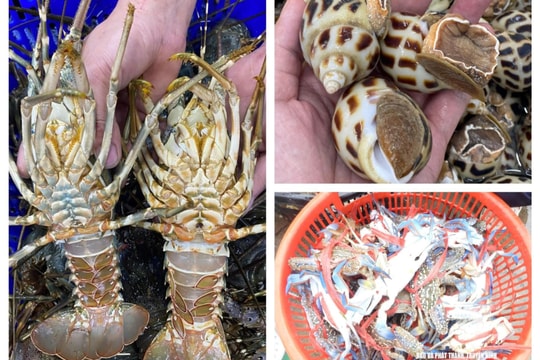
.jpg)
